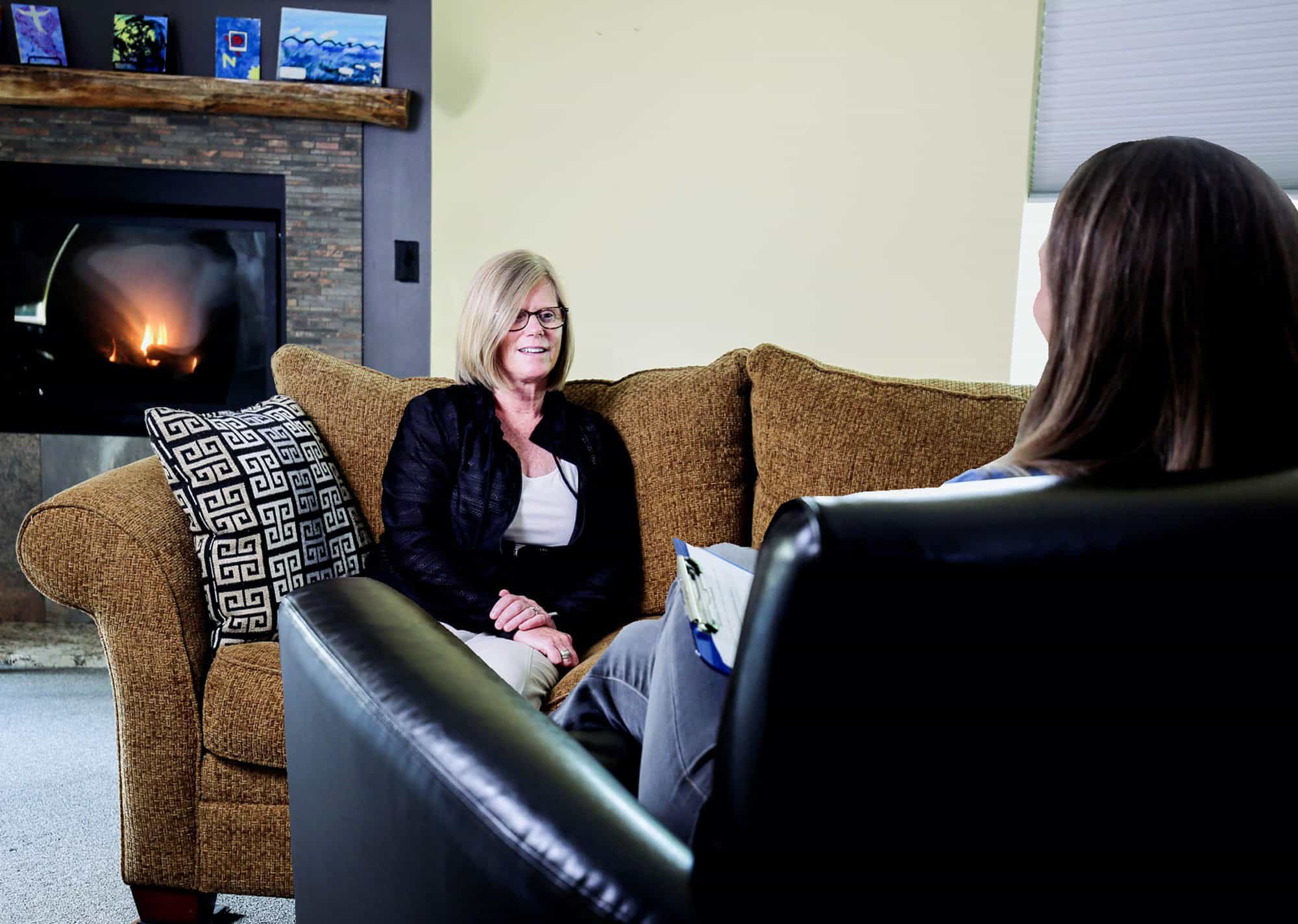The holiday season is often associated with joy, celebration, and togetherness. Families gather around the dinner table, friends exchange gifts, and communities come together to spread the spirit of warmth and generosity. However, beneath the surface of these festive moments, there exists a darker reality—one that is often overlooked or misunderstood—the surge in addiction rates. In this blog post, we explore the intricacies of addiction during the holiday season and shed light into the organization’s 50 years of commitment to specialized care and addiction recovery.
Understanding the Landscape in West Michigan:
West Michigan, known for its close-knit communities and strong family values, is not immune to the challenges posed by Substance Use Disorder (SUD). A recent article mentions how “In 2020, more than 2,700 people across Michigan died from drug overdoses. Most of them involved opioids.” The holiday season, with its heightened emotional intensity and societal expectations, can act as a catalyst for individuals already struggling with substance abuse issues. According to studies conducted by the Center for Network Therapy, relapse rates tend to spike during this time, with various factors contributing to this concerning trend.
Stress and Expectations:
While the holiday season is meant to be a time of joy, it can also be a source of stress for many individuals. The pressure to create the perfect holiday experience, coupled with the expectations of gift-giving and family gatherings, can be overwhelming. For those already battling addiction, these stressors can exacerbate their struggles and lead to an increased reliance on substances as a coping mechanism.
Social Isolation:
Ironically, despite the emphasis on togetherness during the holidays, many individuals find themselves grappling with feelings of loneliness and isolation. This emotional burden can be particularly heavy for those in recovery, as they navigate gatherings where alcohol is prevalent, or face questions about their progress from well-meaning but unaware friends and family members.
Triggers and Temptations:
The holiday season often brings with it an abundance of festive events, where alcohol and other substances are readily available. For those in recovery, these settings can serve as triggers, reigniting the desire to use and making it challenging to maintain sobriety. The combination of increased accessibility and societal acceptance of substance use during the holidays creates a hazardous environment for individuals in recovery (Substance Abuse and Mental Health Services Administration, 2023).
The Role of Reach for Recovery:
Amidst these challenges, Reach for Recovery stands as a beacon of hope for individuals and families affected by Substance Use Disorder in West Michigan. Specializing in addiction recovery throughout the region, our nonprofit organization has been providing dedicated services for over 50 years. We believe in a collaborative approach to recovery, where individuals and their therapists work together to determine the best treatment and recovery plan. Our aim is to help manage the disease of addiction and assist individuals in creating positive habits that foster a substance-free life, filled with meaning, joy, and happiness.
Specialized Care:
Reach for Recovery recognizes that addiction is a complex and multifaceted issue, offers a wide range of services tailored to meet the diverse needs of individuals on their journey to recovery. We have specialized care that addresses the unique challenges faced by those dealing with alcoholism and chemical dependency. This includes a combination of counseling, support groups, and evidence-based treatments designed to promote long-term recovery. We recognize that each person’s path to recovery is unique, and as such, a personalized and comprehensive approach is essential

Inclusive Financial Model:
One barrier to seeking help for many individuals is the financial burden associated with addiction treatment. Reach for Recovery eliminates this obstacle by adopting a fee structure based on what individuals can afford. This inclusive financial model ensures that economic constraints do not hinder someone’s journey to recovery, making their services accessible to a wide range of individuals in West Michigan.
Holistic Approach:
Our organization emphasizes a holistic approach to addiction recovery, acknowledging that addiction impacts not only the individual but also their relationships and broader life context. By addressing the multifaceted aspects of addiction, Reach for Recovery strives to create a supportive environment that fosters lasting recovery and positive life changes.
Conclusion:
As we navigate the holiday season in West Michigan, it’s crucial to acknowledge the reality of addiction rates and the impact they have on individuals and families. By shedding light on the unique challenges posed during this time, we can work towards creating a more compassionate and understanding community. Organizations like Reach for Recovery play a pivotal role in this endeavor, offering a lifeline for those in need and contributing to the overall well-being of West Michigan’s residents. As we celebrate the holidays, let us also strive to extend empathy, support, and resources to those on the path to recovery, fostering a community where everyone has the opportunity to Reach for Recovery.
If you are interested in making a life-changing donation toward an individual’s path to recovery, contact us here.
